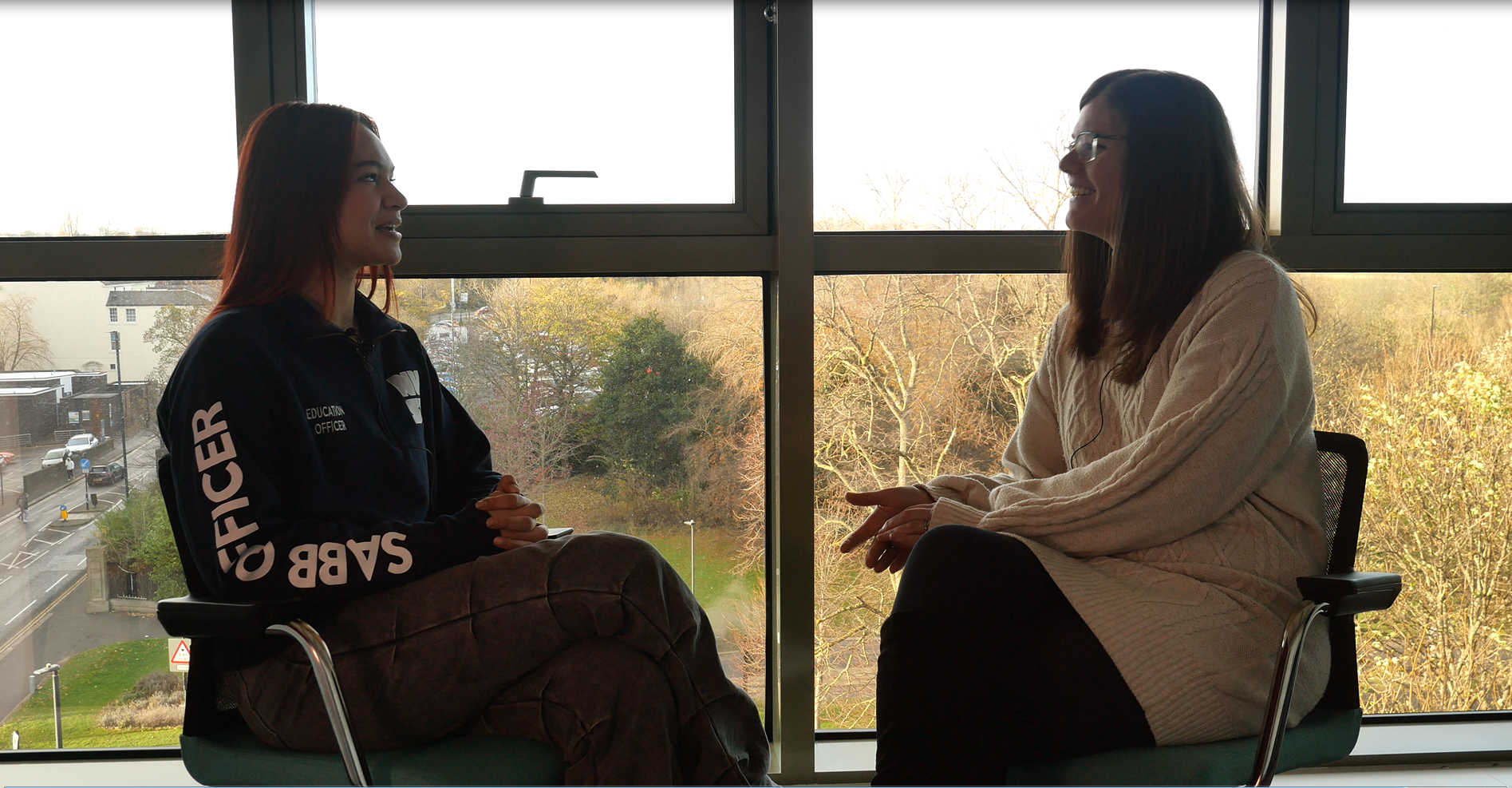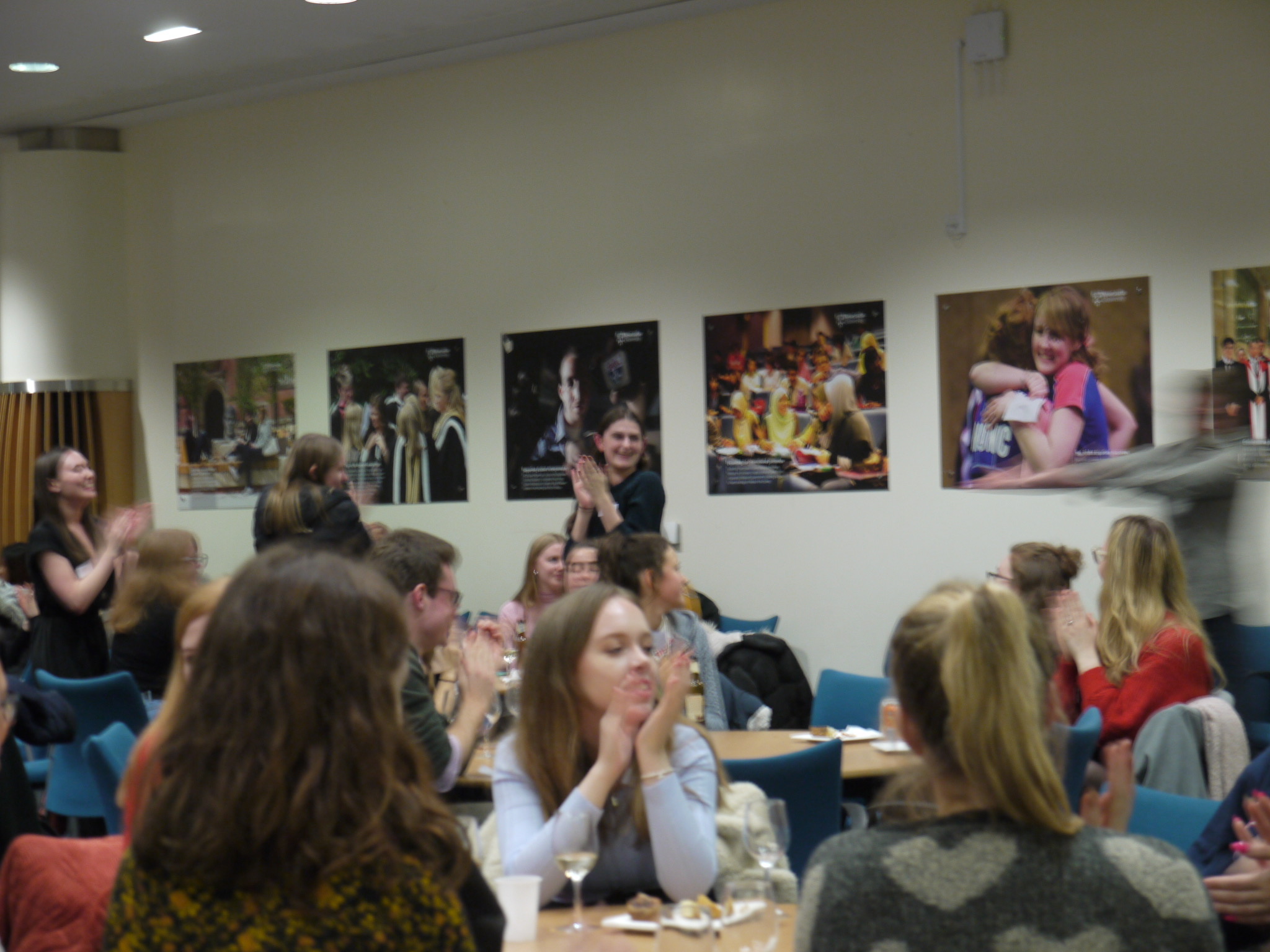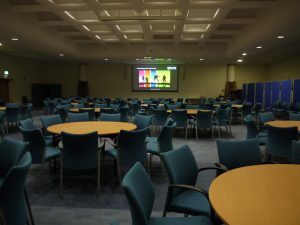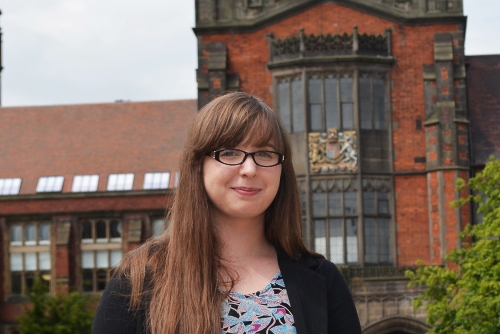Laura Heels graduated from Computer Science at Newcastle in 2013 and now helps other students in the school to negotiate undergraduate study.
As Transitions Officer, Laura provides support across the board, from assisting with practicals and study skills to providing a sympathetic ear and a shoulder to cry on.
Working with other staff, such as the Senior Tutor Marie Devlin and Nick Cook, Laura is the first port of call for many first years struggling with the adjustment from School to University and even from another country to the UK.
Laura said ‘I was so lucky when I was here, and I wasn’t the most academic student, I received so much support from staff like Marie, Lindsay and Nick and now I’m able to provide that myself.
‘Because I’ve been through all this and, I think, because I’m closer to their age, I seem a bit more approachable.’
Laura provides a range of academic and pastoral support for the students running sessions to help students with elements of the course they find most difficult, or which present the biggest departure from the subjects they studied at school.
‘We wanted to address the retention rate in the School and had found in previous years that a great many students were dropping out before the first year exams because they were struggling with programming or with the maths elements of the course.
‘I now run a weekly session to help students with their programming skills, which is something that many of them haven’t done before, and I also give them practical help with maths and with writing skills as well.
‘I’m present in all of their practical sessions too, so they know they will see me and can ask me questions or arrange a meeting if they need a chat.’
Laura had some problems herself as an undergraduate in the School: ‘I’m not really very academic, in my own stage 1 at university I was diagnosed with dyslexia, which made university very tricky for me.
‘So I’m very well-versed in the sort of problems students face. Often I refer the students on to student wellbeing, but I am the first port of call for them if they have a problem.’
As well as her academic and pastoral duties, Laura also works in widening participation, going out to Schools to talk to students about studying Computer Science at Newcastle.
Of course, Laura’s busiest time is Welcome Week and she likes to run some social events to help the students meet staff in a less formal setting:
‘We go bowling, to Lane 7 and staff come along if they can, last year the Head of School came and it was just nice for students to interact socially with the people teaching them.’
Laura’s position has really benefitted the School. In a questionnaire circulated last year 100% of students said that they felt welcome when they joined the School, 100% said that they had had positive contact with Laura.
Laura said: ‘I do think that having someone like me would benefit Schools across the University, even just helping academic staff with organising things like summer schools, welcome weeks and visit days, all of which I do here.
‘To be honest, if they did, I’d want to help train them, I’ve learned so much since I started.’
Is there an example of innovative or good practice in teaching in your school? Email Katherine.cooper@ncl.ac.uk. For this and to read about other great teaching ideas have a look at our case studies database.







